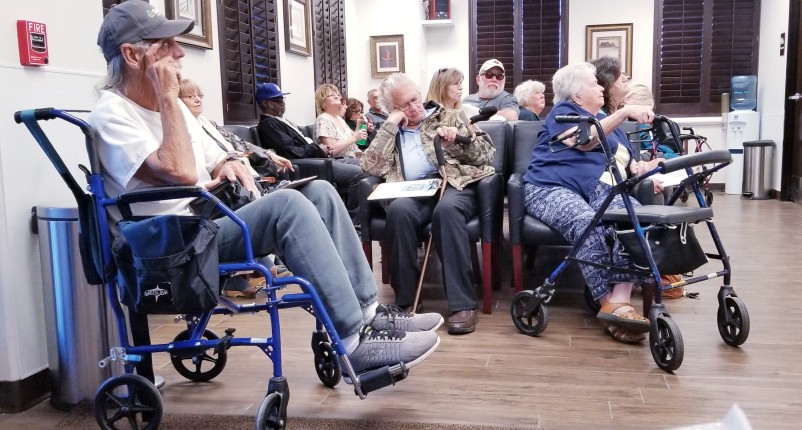The current crisis in primary care is making life worse for GPs and for patients.
In theory, the Covid-19 pandemic pushed public health to the top of Britain’s agenda. But while a lot of time, energy and resources were being devoted towards protecting people’s health from being battered by the side-effects of the virus, many other health problems ended up being neglected. The healthcare system and the professionals who work in it were often overwhelmed, and fear of catching or spreading coronavirus meant many would-be patients avoided going to the doctors. While a lot more medical care was provided online or over the phone, remote services were squeezed by the high demand and the fact that the NHS didn’t always have the needed technology in place.
Eighteen months later, the impact of all this has become obvious. Surgeries being delayed has created a huge backlog. Diagnoses being missed has resulted in patients who now need longer or more intensive treatment. The UK is already seeing thousands of non-Covid excess deaths (i.e. more people dying than was normal pre-pandemic). At the same time, the virus and the pandemic restrictions have created a huge amount of new sickness. There’s Covid and Long Covid, of course. But there’s also been spikes in mental illness, domestic violence, obesity, alcoholism and other types of addiction. Inactivity, stress and isolation are all also big triggers for a bunch of other health problems.
All this has added up to an unprecedented amount of demand on the UK’s healthcare services. And the area that is bearing a lot of the brunt is GP surgeries. General Practitioners (GPs), sometimes also called family doctors, are usually the first port of call for Brits who are feeling under the weather. They diagnose illnesses, prescribe medication, refer patients to hospitals and specialists when necessary, and are generally responsible for the overall health of the patients on their roster. They are not technically NHS employees, but function as independent contractors to it. They’re also paid well: GPs earn on average £100,000 a year, which is roughly 3x the UK average.
This quasi-private status and their salaries may contribute to a certain frustration that it’s not uncommon for Brits (and British politicians) to direct towards GPs. Pre-pandemic, half of Britons said it was hard to get an appointment with their GP, a fifth said A&E doctors were more knowledgeable than GPs, and one in ten said they didn’t have much confidence in their GP. These figures were significantly higher for people from deprived areas. Post-pandemic, attitudes towards GPs seem to have worsened. Half of GPs said they’d been verbally abused by patients in the last month alone.
GPs also say that the accusations against them aren’t fair or aren’t their fault. Despite ever-rising demand the profession is vastly understaffed. The buggy technology and bureaucratic paperwork that often infuriate their patients is mandated by the NHS. And years of governments not increasing the NHS budget in line with demand means hospitals have increasingly added to GPs' workload by asking them to perform patient services that weren’t traditionally their responsibility.
The result of all this pressure isn’t surprising: a third of GPs plan to quit their jobs within the next five years. Unless new ones can be enticed into the profession pronto, the number of people who feel let down by their health care service will only increase.
Read our explainer on: what matters in an economy

